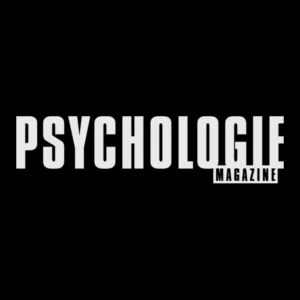
Triptherapie in Psychology Magazine
Triptherapie contributed to an article in Psychology Magazine 2026-01 and in it psychedelic therapy is discussed with a client of
Read all about psychedelic therapy and developments in the field of psychedelics here. We write a lot about psilocybin, ketamine, LSD, ayahuasca and MDMA and how they can be used in the treatment room now and in the future.

Triptherapie contributed to an article in Psychology Magazine 2026-01 and in it psychedelic therapy is discussed with a client of
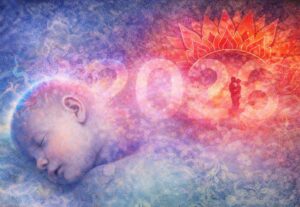
Truffle sessions, ceremonies and therapeutic use of psilocybin will remain legal in the Netherlands thanks to truffles, even in 2026!
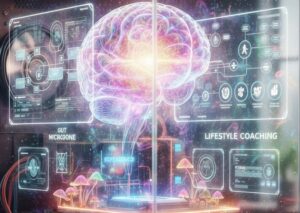
The standard mental health model ignores the hardware (biochemistry) due to limited research. Learn how Triptherapie combines psychotherapy, psychedelics ánd lifestyle for a
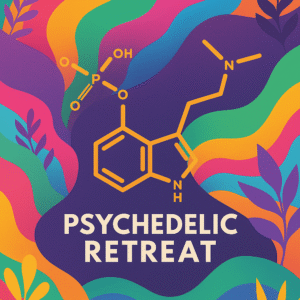
A psychedelic retreat with psilocybin truffles is a longer truffle ceremony with additional integration and therapeutic support.
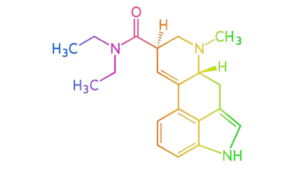
LSD therapy in the Netherlands is now possible with one of our 6 therapists working with LSD (analogues). Choose a
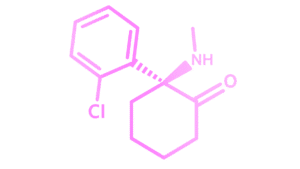
Oral ketamine analogues can be an alternative for individuals who are not eligible for medical ketamine treatments.
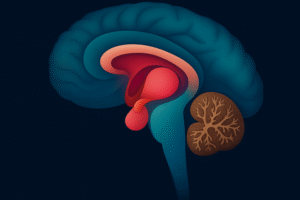
Find out how psilocybin affects the brain and why it leads to profound changes in emotion, memory and consciousness. Psilocybin activates

Triptherapie founder Marcel featured on BNNVARA production Spuiten en Slikken during an interview by Diva Brons about psychedelics
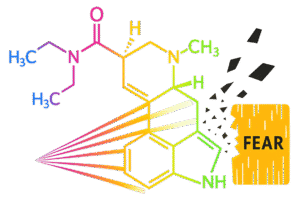
LSD appears to be effective for various anxiety symptoms even without psychotherapy. But in what dosage and are and better options?
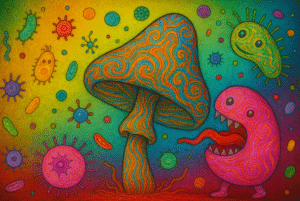
Psilocybin not only gives you a trip, it can even affect the bacteria and fungi in your gut! This is how you trip
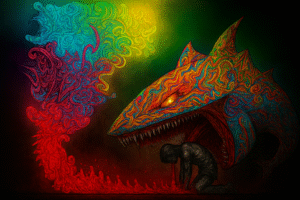
A bad trip can be a very instructive experience that can improve your life. We are then no longer really talking
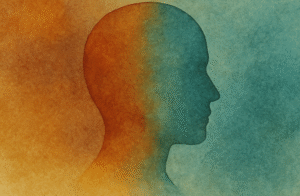
For many people, psychotherapy is not a necessity if they do want to benefit from the positive effects of psychedelics. Some are